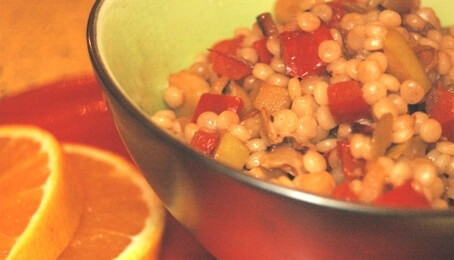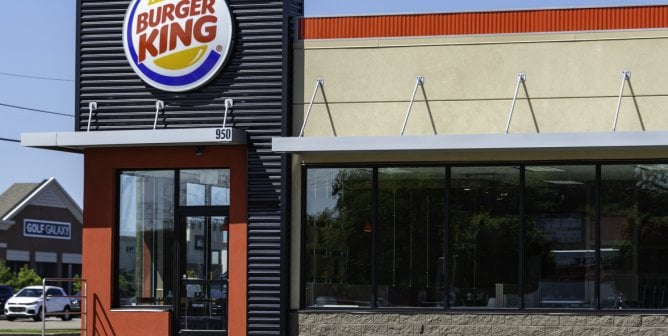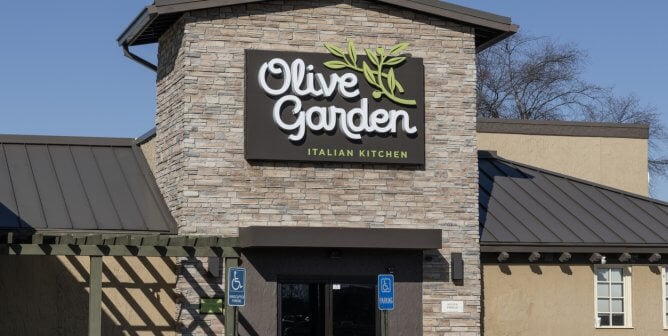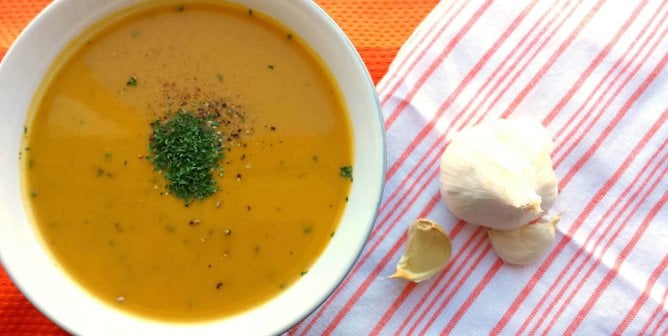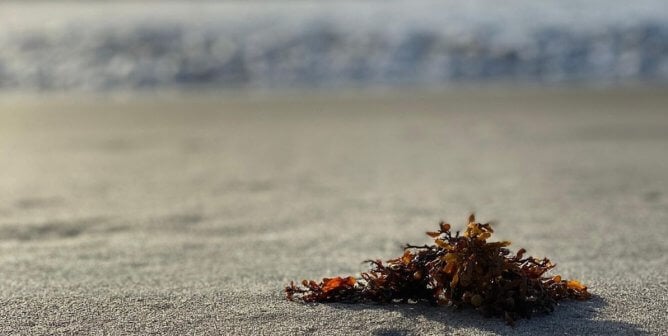Colleen Patrick-Goudreau—vegan chef and author of the amazing book The Joy of Vegan Baking—sat down with me to share her thoughts about food and cooking. Check out Colleen’s interview below and her Web site, Compassionate Cooks.
Here she is in her own words:
How long have you been a chef?
I’ve been teaching vegan cooking classes for almost nine years.
Where did you train to become a chef?
I am self-taught, though inspired by many others. I think one of the most important things I’ve learned on my own is to trust my palate. I want people to know that if they make mistakes, that’s how they learn, and that the more they cook, the more they become familiar with how something is “supposed to taste.” I encourage people to use all their senses in the kitchen—not just their sense of taste but their sense of smell, touch (texture), hearing, and sight. That is how I learned, and that’s what I try to pass on to my students.
What type of cuisine do you focus on?
The foundation of what I teach is whole foods, and that spans every type of cuisine from Middle Eastern, Italian, and Mexican to Indian, Southeast Asian, and African. I encourage people to reclaim their food traditions, as the basis of most cuisines is plant-based. I would say whole foods is my specialty with an emphasis on organic and sustainable foods. I don’t just teach how to cook vegan but rather encourage people to recognize that what we call “vegan food” is food they are already familiar with: vegetables, fruits, beans, grains, mushrooms, nuts, seeds, herbs, and spices. When we take it “out of the vegan box,” it is demystified and becomes less daunting. This goes for baked goods too. I try to focus on the normalcy of vegan food—that even baked goods are made up of such familiar ingredients as flour, sugar, cocoa, baking powder, baking soda, cornstarch, and yeast, for example.
What are the most important elements in cooking great vegetarian cuisine?
Starting with whole, seasonal ingredients. I am a strong believer that strawberries are meant to be eaten in the summer and acorn squash in the fall. [We should] [e]at seasonally as much as possible—particularly from crops that grow in our own regions. I also encourage people to make whole foods the foundation of their diets.
Do you have a favorite cooking method?
Honestly, I love roasting vegetables. A little olive oil, a little salt and pepper, and you’re good to go. But I love my steamer basket too. It’s definitely one of the most-used tools in my kitchen.
In your opinion, what vegetarian dish or type of food is most frequently poorly prepared and why?
Honestly, I think vegetables are [the] most poorly prepared. Most of us grew up with vegetables that have been overcooked, undercooked, or smothered in cream and butter sauces. As a result, most people have no idea how much flavor the vegetables themselves have because their taste buds have been dulled by the heavy fat and salt coating most of their palates. Helping people prepare vegetables simply and deliciously is my greatest joy. When people come to my classes hating kale or Brussels sprouts, for instance, and leave loving them—I have done my job.
Can you give us any tips on how to best prepare tempeh?
Next to vegetables in general, tempeh tends to be poorly prepared. My secret is to steam it first before you do ANYTHING else with it. Whether you’re going to bake it or grill it, stir-fry it, or simply make it the main ingredient as a salad, the key is steaming it first! It takes 10 minutes to steam, and then it’s ready to be eaten (as in my Better-Than-Chicken-Salad) or ready to be taken to the next level. Works every time!
If you were stranded on a deserted island and could only eat one kind of ethnic food, what would it be?
Japanese Shojin (Buddhist Temple) cuisine. It is so simple and beautiful and ancient and relies on fresh, whole ingredients. To me, eating Japanese food is like offering a prayer up to the food gods.
What are some upcoming Compassionate Cooks projects our readers can look forward to?
We just launched the Compassionate Cooks Membership Program, which treats members to recipes, discounts, and lots of perks. We’re very excited about it, as it’s a wonderful way to increase the community of joyful vegans we’ve created. My new cookbook, The Vegan Table: 200 Unforgettable Recipes for Entertaining Every Guest for Every Occasion is coming out in June 2009, and we’re also looking to launch the Compassionate Cooks Certification Program by the end of the year. Lots of goodies in 2009.
Text VEG to 73822 to get the latest vegan lifestyle tips, recipes, and urgent action alerts texted right to your phone.
Terms for automated texts/calls from PETA: https://peta.vg/txt. Text STOP to end, HELP for more info. Msg/data rates may apply. U.S. only.

